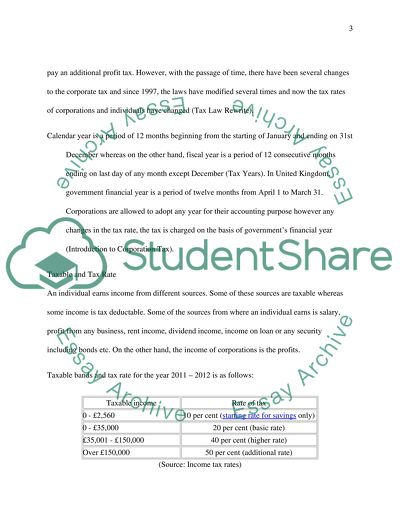Cite this document
(“Taxation in UK Essay Example | Topics and Well Written Essays - 3000 words”, n.d.)
Retrieved from https://studentshare.org/finance-accounting/1394811-taxation-in-uk
Retrieved from https://studentshare.org/finance-accounting/1394811-taxation-in-uk
(Taxation in UK Essay Example | Topics and Well Written Essays - 3000 Words)
https://studentshare.org/finance-accounting/1394811-taxation-in-uk.
https://studentshare.org/finance-accounting/1394811-taxation-in-uk.
“Taxation in UK Essay Example | Topics and Well Written Essays - 3000 Words”, n.d. https://studentshare.org/finance-accounting/1394811-taxation-in-uk.


